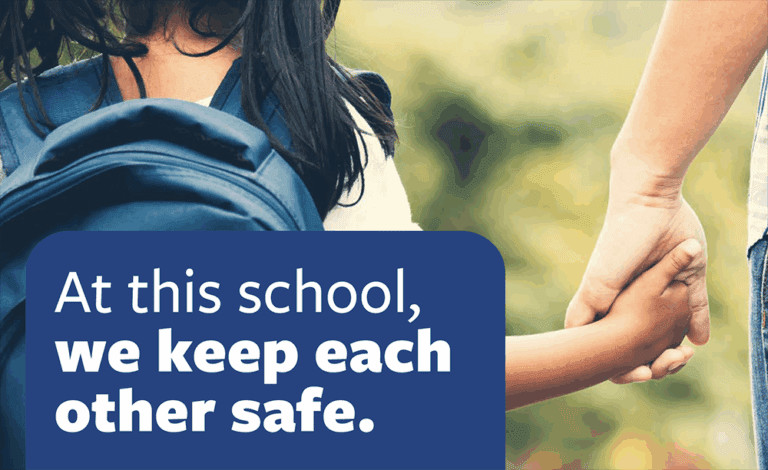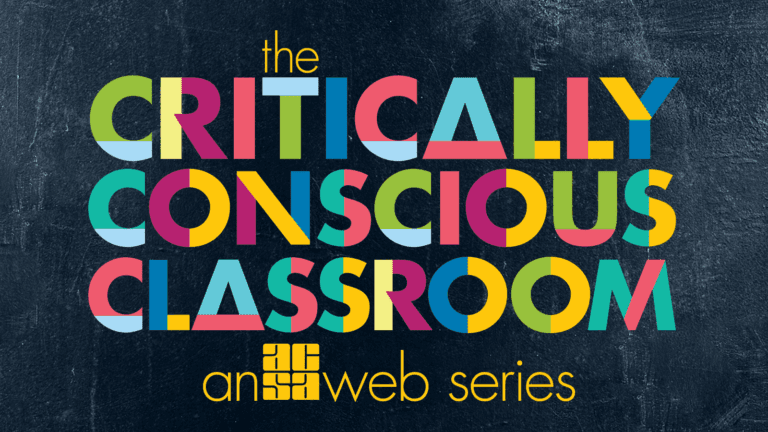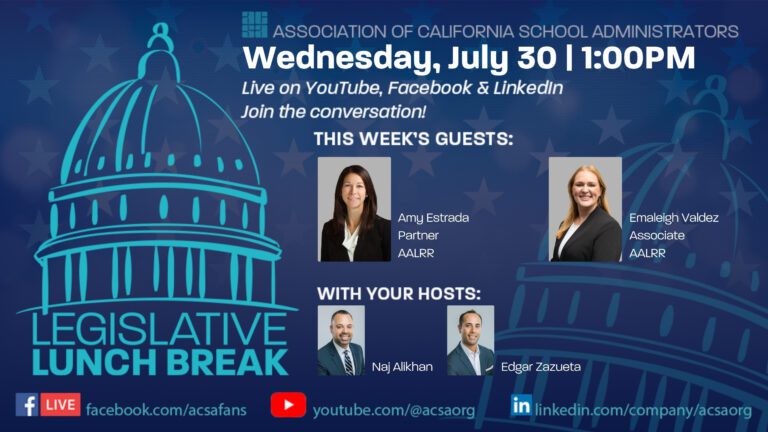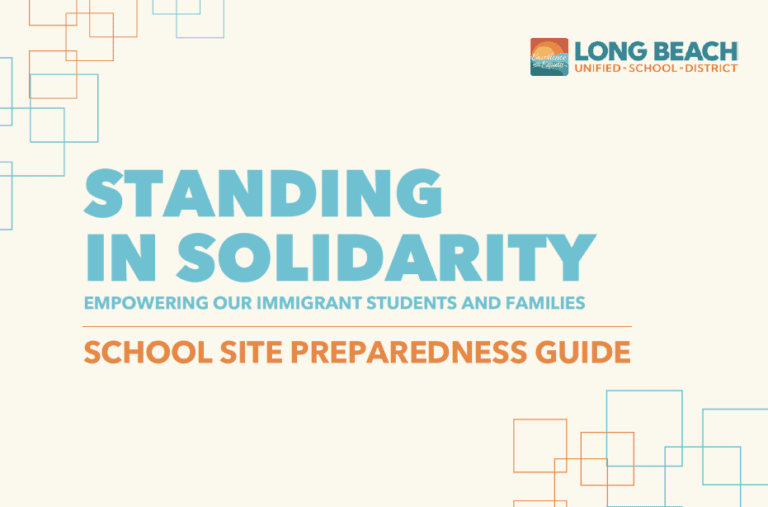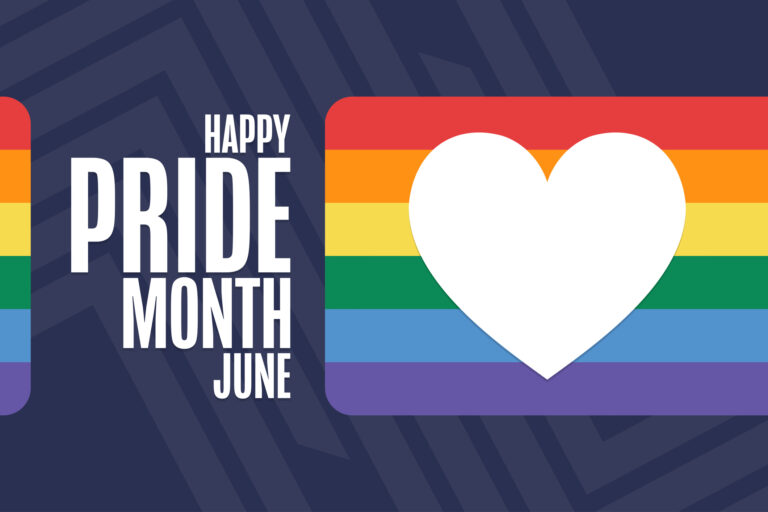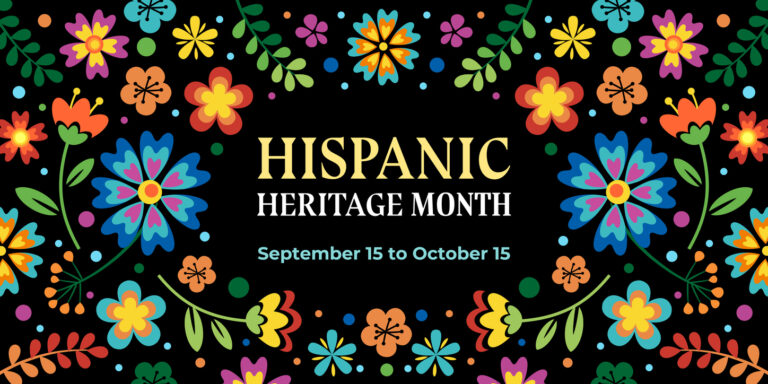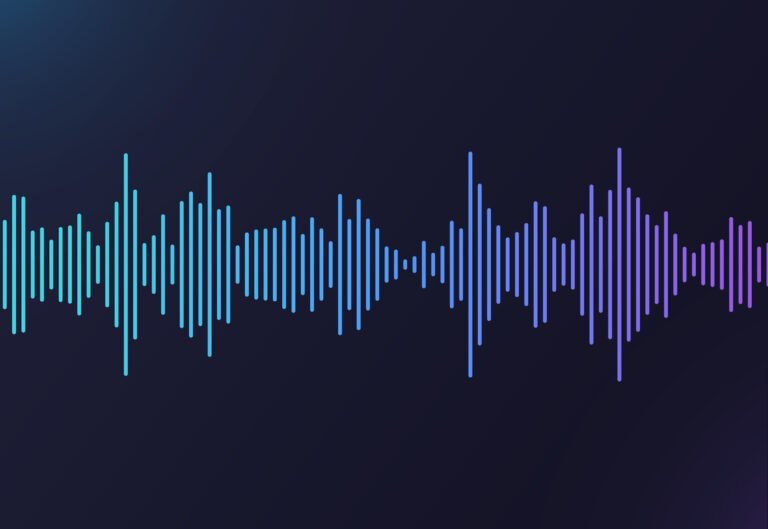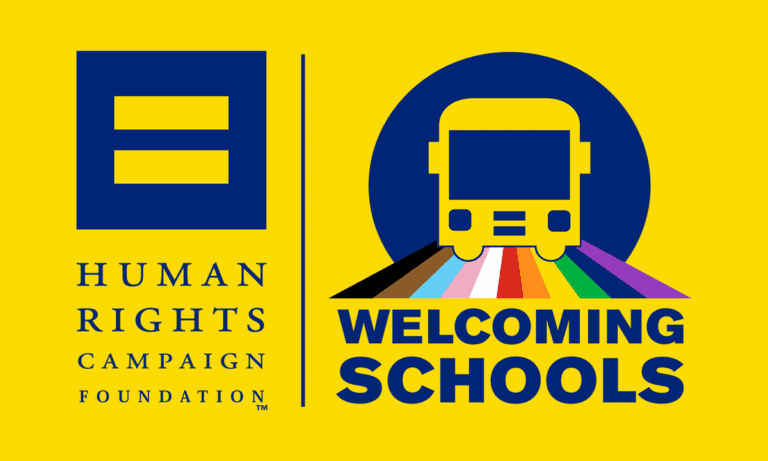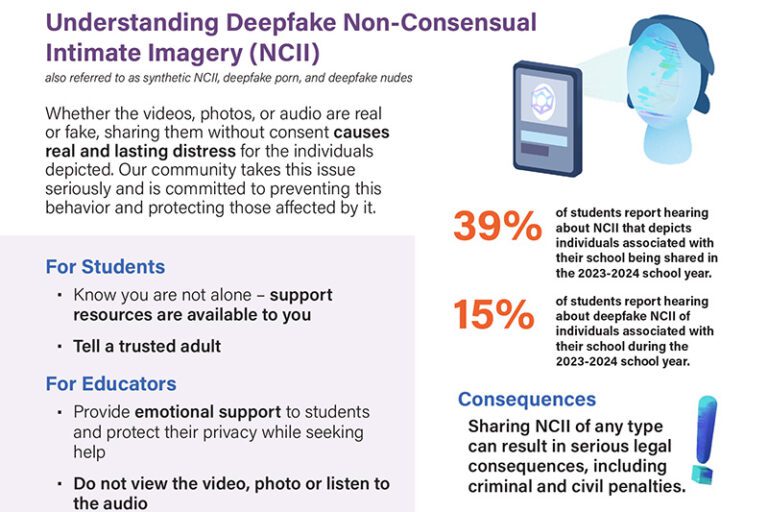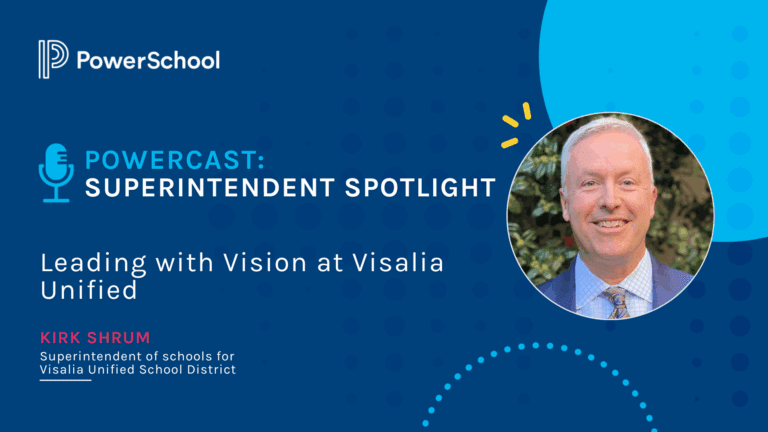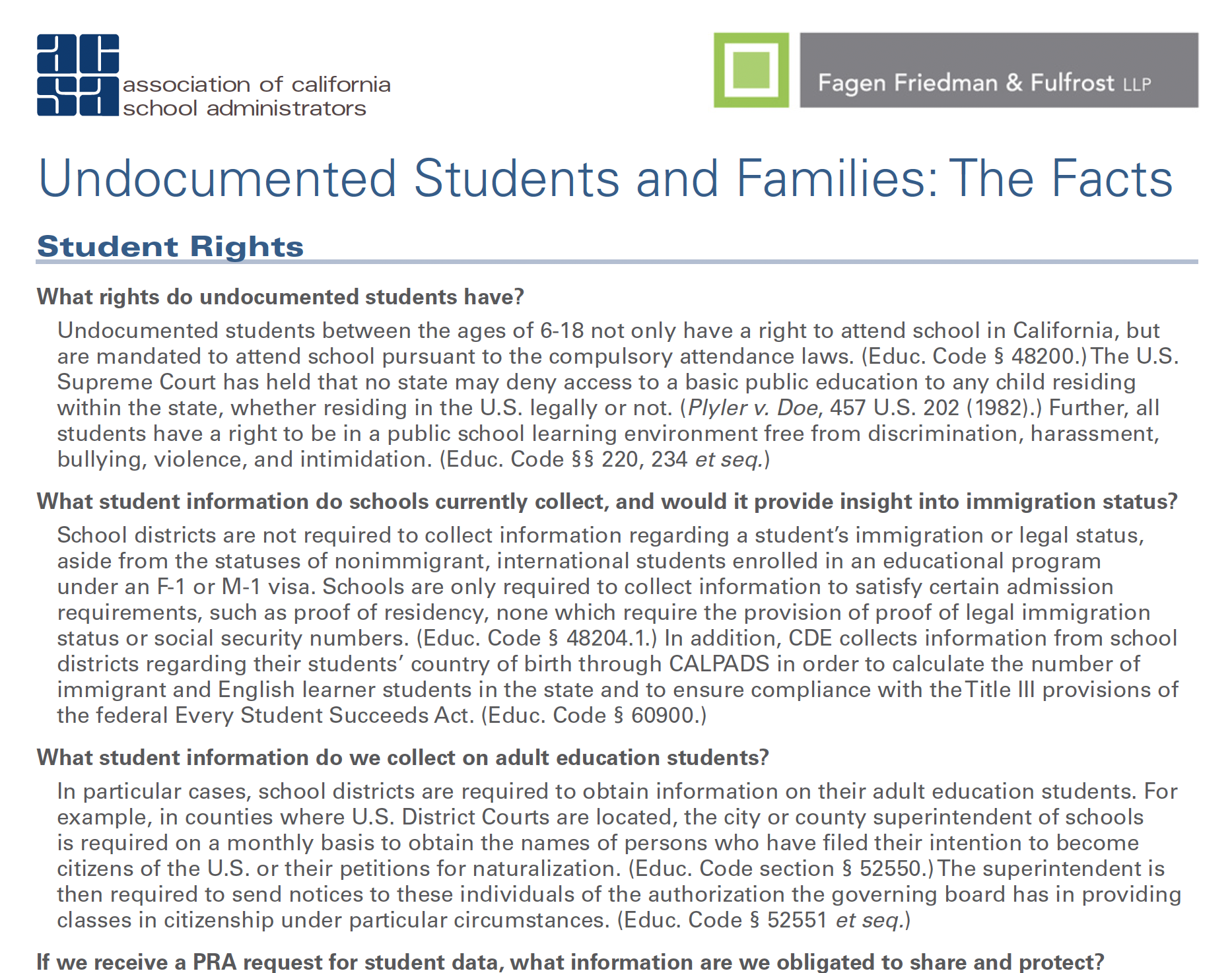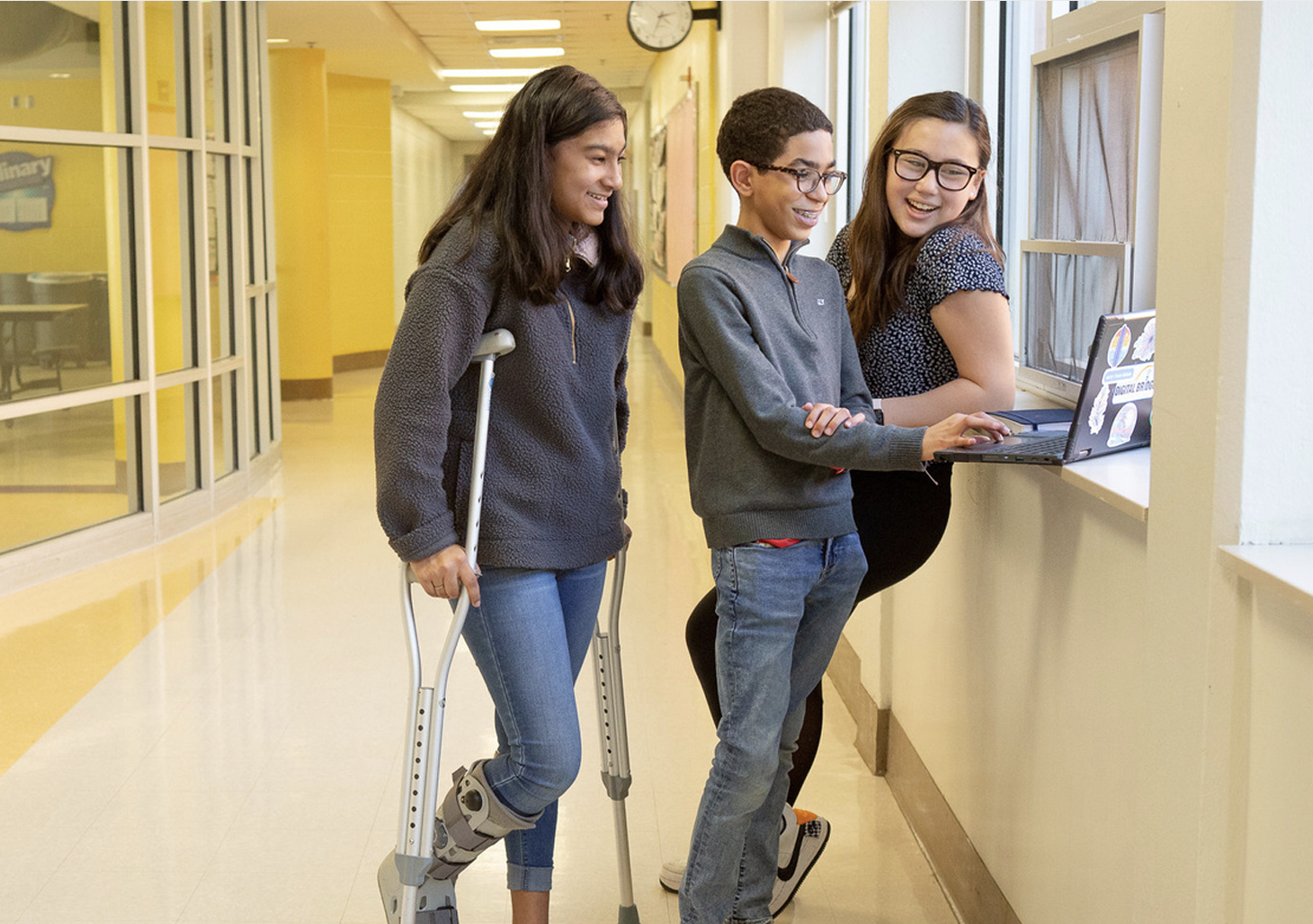This resource is provided by ACSA Partner4Purpose ETS. It was written by Beata Beigman Klebanov, a principal research scientist at ETS, and Tenaha O’Reilly, a managing principal research scientist at ETS.
As the world of education continues to evolve, it has become increasingly important to build flexible educational technology that supports learners wherever and however they learn — in hybrid, remote, or in-person classrooms. This is also true of their exposure to supplemental learning if school hours are reduced, with or without dedicated support from teachers, tutors, or parents.
As the pandemic was beginning to take hold in the United States in the first few months of 2020, it quickly became apparent that education was being profoundly disrupted. In response, we accelerated the development and launch timeline of our Relay Reader™ application, which was released in May 2020, to help ease the burden of the new reality for teachers, students, parents and administrators faced with a mass remote learning experience.
The Relay Reader app is a reading and listening app that supports the development of reading confidence, skill, and stamina for readers young and old, all while enjoying literary classics in a whole new way. Readers take turns reading out loud with a skilled virtual partner, just like in a relay. Readers can record themselves and reflect on how they sound.
To date, the app has been used by more than one thousand readers, including upper elementary and middle schoolers in virtual summer camps in New Jersey and fully remote high school students in Chile. We recently made upgrades to the Relay Reader app which feature new books to cater to readers with various interests and maturity levels, including long and short fairy tales as well as mystery, biography, romance, crime, science fiction, mythology, as well as masterpieces of short realistic fiction.
Relay Reader in Action
In the summer of 2021, we took the opportunity to offer this newly extended library to underserved students at an in-person summer academic enrichment program called RISE in Hightstown, N.J.
When walking into the RISE camp classroom where children were reading with the Relay Reader app, a surreal moment occurred — children reading aloud into their tablets with their masks on.
This was a sign of the times in this corner of our pandemic-stricken world. While it might still be visually jarring to see a person talk into their personal mobile device through a mask, the masks mostly do not interfere with the machine’s ability to recognize the speech, according to recent research from ETS.
The activity proceeded apace — children were taking turns reading with adult narrators of the electronic audiobooks in the Relay Reader library, different students reading different stories, each on their own tablet. The reading activity room served multiple age-based groups of children between 8 and 12 years old, in 30-minute sessions. Based on data from the app, The Adventures of Pinocchio was the favorite pick, while Baum’s The Wizard of Oz, Hawthorne’s Gorgon’s Head, Grimm Brothers’ Hansel and Gretel, Andersen’s The Emperor’s New Clothes, and Conan Doyle’s The Adventure of the Speckled Band also found their readers.
Jill Lee-You, the Director of the RISE Summer Academic Enrichment Camp, is thankful to ETS for “providing the scholars the opportunity to access some awesome books” via the app and helping “encourage literacy, vocabulary, fluency, and comprehension.” She also noted that the individual reading activity allowed students who are more introverted, shy, or socially insecure to shine and be recognized for their enthusiasm for stories and reading, based on reports on the Relay Reader app activity received by the instructors. The sense of inclusion resulting from being spotlighted for excelling in an activity that the whole class engages in (each student individually, without social pressure) can provide a much-needed boost to the child’s confidence and social and emotional well-being.
For example, one young boy started out disengaged in camp and often carried his own tablet around. However, he put his tablet away for the Kindle Fire® 7 tablet provided by ETS for Relay Reading and stunned his parents and teacher with the extent of his engagement in the activity. Recognizing him for this in front of his peers has worked a miracle — the child went on to participate enthusiastically in sports and social activities that he had shunned before and was caught on camera with a huge grin.
In the summer of 2022, the RISE program used Relay Reader independently (not as part of a study) to conduct a book club activity with a group of 12-13 year old girls. This summer we offered Relay Reader to the tutors of New Jersey Tutoring Corps in a pilot study: 6 tutors at 2 Boys and Girls Club sites in New Jersey used the app with 36 students to read The Adventures of Pinocchio in small groups, with follow-up discussions. Tutors reported strong student engagement while students reported enjoying the app, and the narration in particular.
In a time where students may be disengaged and avoid extended reading, it is a heartening story. According to the National Assessment of Educational Progress, 67% of Grade 4 students in American public schools reported spending less than 30 minutes per day reading independently. Actual log data from various reading systems suggest that average reading time may be as low as 15 minutes per day. Either way, many students do not have the sufficient exposure to written language that is critical for their development. The Relay Reader app provides students with access to high-quality text that is necessary for language development while also empowering young learners, such as the example above, to develop more confidence and a passion for reading.
We have a lot of ongoing research work to do to support readers and teachers, examining the development of the students’ reading skills as they read the stories, as well as the dynamics of attention and engagement.
Visit Relay Reader for more information and a demo. Research findings are also available at relayreader.org/research.



